
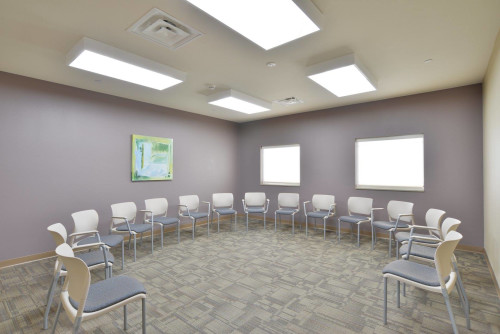
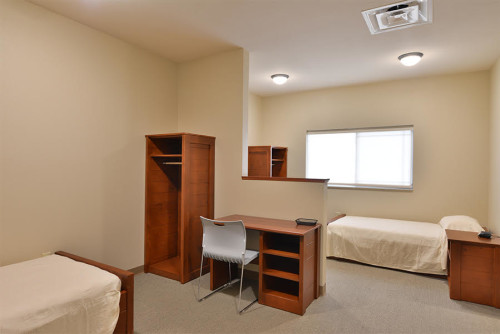




Arbor Place, Inc.
Treatment Focus
You can admit to this center with a primary substance use disorder or a primary mental health condition. You'll receive support each step of the way and individualized care catered to your unique situation and diagnosis.
Primary Level of Care
Offering intensive care with 24/7 monitoring, residential treatment is typically 30 days and can cover multiple levels of care. Length can range from 14 to 90 days typically.
Claimed
Recovery.com has connected directly with this treatment provider to validate the information in their profile.
Treatment Focus
You can admit to this center with a primary substance use disorder or a primary mental health condition. You'll receive support each step of the way and individualized care catered to your unique situation and diagnosis.
Primary Level of Care
Offering intensive care with 24/7 monitoring, residential treatment is typically 30 days and can cover multiple levels of care. Length can range from 14 to 90 days typically.
Provider's Policy
Please contact your insurance provider or our office to check coverage. If an individual does not have health insurance coverage, private pay is accepted. Arbor Place, Inc. also contracts with over 12 counties in the Western Wisconsin region. Please contact our office to explore available funding options to meet individual needs. 715-235-4537
Arbor Place, Inc.
Arbor Place, Inc.
About Arbor Place, Inc.
Set an hour east of the Minneapolis-St. Paul area, Arbor Place's purpose is to offer people, families, and communities affected by drug use and mental health issues high-quality therapy and chances for regeneration. They treat teens, adults, and older adults and provide care for co-occurring conditions such as depression, anxiety, bipolar, suicidality, anger, and more. Arbor Place incorporates evidence-based therapies including CBT, family therapy, motivational interviewing, and couples counseling, into each client's treatment plan.
Spectrum of Care
In order to best meet each client’s requirements, Arbor Place offers a variety of programs and levels of care. At Arbor Place, Inc., they work hard to deliver the highest caliber, most efficient services at a fair price. Arbor Place, Inc. regularly evaluates new insurance plans and is a participating provider for more than 10 health insurance policies. Clients can enjoy an on-site gym, an outdoor patio, fire-lit lounges, and access to nature.

Center Overview
Treatment Focus
You can admit to this center with a primary substance use disorder or a primary mental health condition. You'll receive support each step of the way and individualized care catered to your unique situation and diagnosis.
Insurance Accepted
Cash Pay Rates
Estimated Cash Pay Rate
Center pricing can vary based on program and length of stay. Contact the center for more information. Recovery.com strives for price transparency so you can make an informed decision.
Meet your care team
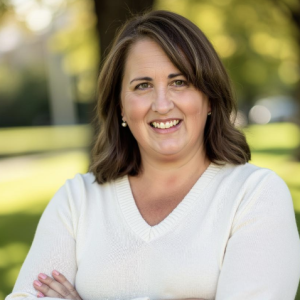
Dr. Jill Hasenberg
Medical Director
D.O
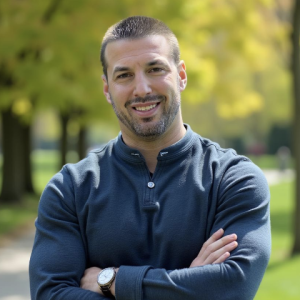
Jake Bloom
Outpatient Manager and Therapist
MA, LPC, ID-AT

Lorraine Garland
Marriage and Family Therapist
MA MFT-IT, CSAC
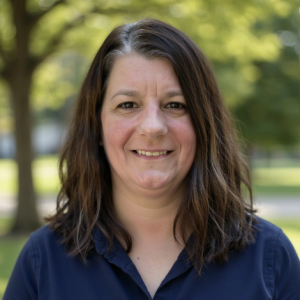
Tontiana Strong
Substance Use Disorder Counselor
CSAC
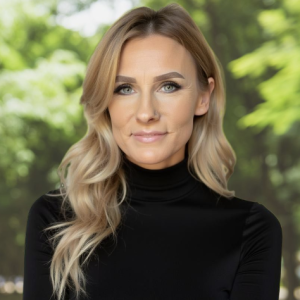
Christina Kewin
Substance Use Disorder Counselor
SAC
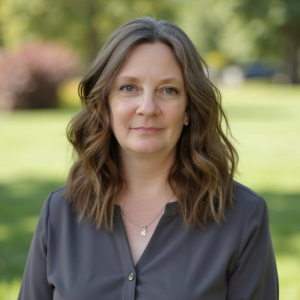
Dana Whitcome
Substance Use Disorder Counselor
CSAC
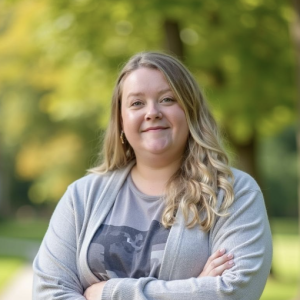
Kallie Smith
Prevention Coordinator and OWI Assessor
MSW, APSW, IDP-AT

Monica Bruner
Lead Substance Use Disorder Counselor
CS-IT

Emma Roedler
Admission Counselor
BS, SAC-IT

Erika Forester
Admission Counselor
SAC

Justin Anderson
Substance Use Disorder Counselor
BA, SAC-IT

Paul Nelson
Substance Use Disorder Counselor
BA, SAC-IT

Barbara Bartz
Substance Use Disorder Counselor
SAC
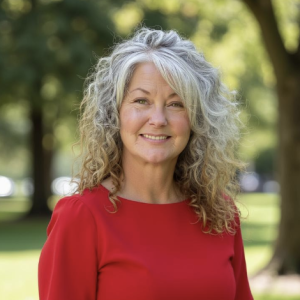
Tracy Humphress
Substance Use Disorder Counselor
CSAC
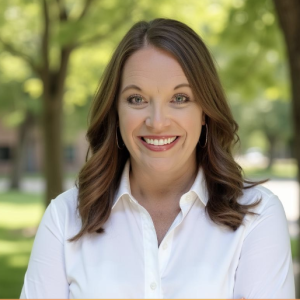
Ann Marcks
Recovery Support Manager
BS, CRC
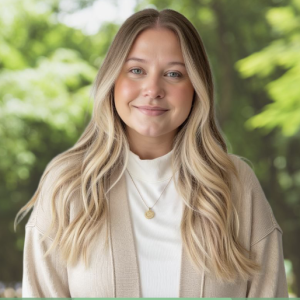
Kora Ramirez
SOR Project Coordinator
BS, CRC

Kaylee Foss
Recovery Coach

Kyle Sheeley
Recovery Coach
BA
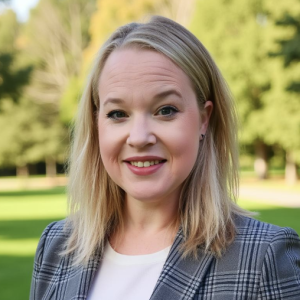
Ashley Schroeder
Recovery Coach
RC
Levels of Care







Treatment
Specializations
Alcohol
Using alcohol as a coping mechanism, or drinking excessively throughout the week, signals an alcohol use disorder.
Drug Addiction
Drug addiction is the excessive and repetitive use of substances, despite harmful consequences to a person's life, health, and relationships.
Who We Treat
Older Adults
Addiction and mental health treatment caters to adults 55+ and the age-specific challenges that can come with recovery, wellness, and overall happiness.
Adolescents
Teens receive the treatment they need for mental health disorders and addiction, with the added support of educational and vocational services.
Men and Women
Men and women attend treatment for addiction in a co-ed setting, going to therapy groups together to share experiences, struggles, and successes.
Pregnant Women
Addiction and mental health treatment meets the clinical and psychological needs of pregnant women, ensuring they receive optimal care in all areas.
Approaches
Evidence-Based
A combination of scientifically rooted therapies and treatments make up evidence-based care, defined by their measured and proven results.
Individual Treatment
Individual care meets the needs of each patient, using personalized treatment to provide them the most relevant care and greatest chance of success.
Therapies
1-on-1 Counseling
Patient and therapist meet 1-on-1 to work through difficult emotions and behavioral challenges in a personal, private setting.
Couples Counseling
Partners work to improve their communication patterns, using advice from their therapist to better their relationship and make healthy changes.
Family Therapy
Family therapy addresses group dynamics within a family system, with a focus on improving communication and interrupting unhealthy relationship patterns.
Mindfulness-Based Cognitive Therapy
MBCT combines mindfulness practices—like meditation—with cognitive therapy techniques to help patients work through negative thought patterns.
Conditions We Treat
Personality Disorders
Personality disorders destabilize the way a person thinks, feels, and behaves. If untreated, they can undermine relationships and lead to severe distress.
Anger
Although anger itself isn't a disorder, it can get out of hand. If this feeling interferes with your relationships and daily functioning, treatment can help.
Bipolar
This mental health condition is characterized by extreme mood swings between depression, mania, and remission.
Codependency
Codependency is a pattern of emotional dependence and controlling behavior. It's most common among people with addicted loved ones.
Depression
Symptoms of depression may include fatigue, a sense of numbness, and loss of interest in activities. This condition can range from mild to severe.
Post Traumatic Stress Disorder
PTSD is a long-term mental health issue caused by a disturbing event or events. Symptoms include anxiety, dissociation, flashbacks, and intrusive thoughts.
Self-Harm
The act of intentionally harming oneself, also called self-injury, is associated with mental health issues like depression.
Suicidality
With suicidality, a person fantasizes about suicide, or makes a plan to carry it out. This is a serious mental health symptom.
Trauma
Some traumatic events are so disturbing that they cause long-term mental health problems. Those ongoing issues can also be referred to as "trauma."
Substances We Treat
Alcohol
Using alcohol as a coping mechanism, or drinking excessively throughout the week, signals an alcohol use disorder.
Benzodiazepines
Benzodiazepines are prescribed to treat anxiety and sleep issues. They are highly habit forming, and their abuse can cause mood changes and poor judgement.
Co-Occurring Disorders
A person with multiple mental health diagnoses, such as addiction and depression, has co-occurring disorders also called dual diagnosis.
Cocaine
Cocaine is a stimulant with euphoric effects. Agitation, muscle ticks, psychosis, and heart issues are common symptoms of cocaine abuse.
Drug Addiction
Drug addiction is the excessive and repetitive use of substances, despite harmful consequences to a person's life, health, and relationships.
Heroin
Heroin is a highly addictive and illegal opioid. It can cause insomnia, collapsed veins, heart issues, and additional mental health issues.
Methamphetamine
Methamphetamine, or meth, increases energy, agitation, and paranoia. Long-term use can result in severe physical and mental health issues.
Opioids
Opioids produce pain-relief and euphoria, which can lead to addiction. This class of drugs includes prescribed medication and the illegal drug heroin.
Prescription Drugs
It's possible to abuse any drug, even prescribed ones. If you crave a medication, or regularly take it more than directed, you may have an addiction.
Languages
Experience
Personal Amenities
Amenities
Activities
We love hearing about your treatment experience
Help individuals and families seeking treatment by sharing your first-hand experience with this treatment provider. Review Guidelines.





